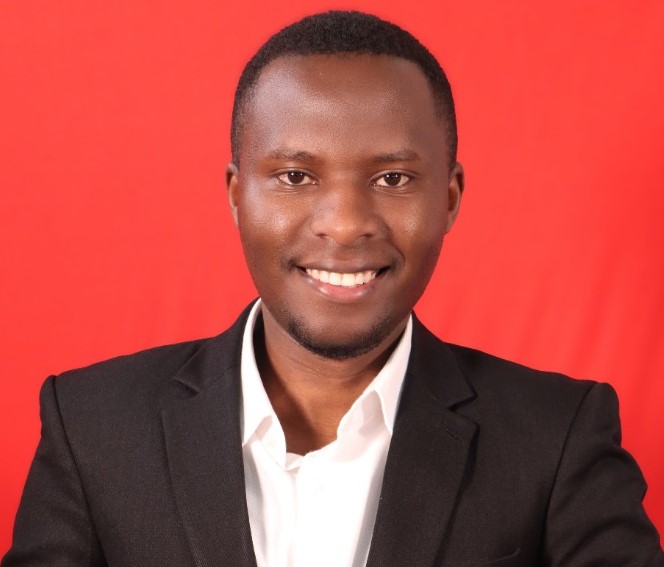The British Council’s New Directions conference on Thursday took place in Nairobi for the first time, bringing together over 200 experts from 18 countries to discuss the complexities of language assessment and its implications for education reform.
This landmark event enabled regional stakeholders to connect with global counterparts, fostering collaboration amongst policymakers, academics, and educators at various levels.
The central theme of the conference revolved around rethinking language policy and practice within the continent’s intricate linguistic landscape, home to over 2,000 languages.
Key sub-themes included the influence of assessment policies on multilingual communities, the opportunities and challenges of multilingualism and plurilingualism, and the role of technology in language learning and assessment.
Kate Ewart-Biggs, Deputy CEO of the British Council, emphasized the initiative’s importance, stating, “New Directions represents our commitment to equipping African educators and learners with innovative language assessment tools. We support the region’s educational growth and empower a new generation to harness language skills for global opportunities.”
Tom Porter, Country Director for British Council Kenya, echoed these sentiments: “The New Directions conference has explored fascinating insights on the challenges and opportunities in language assessment. We look forward to tracking how the outcomes of this conference can help us all shape a bright future for language learning.”
The conference featured notable keynote speakers, including Wanjiru Koinange, a Kenyan novelist whose presentation highlighted how her book, The Havoc of Choice, reflects multilingualism and translanguaging. Koinange’s work draws on diverse Kenyan languages, illustrating the depth of local narratives through a global lens.
Prof. Leketi Makalela, founding Director of the Hub for Multilingual Education and Literacies at the University of the Witwatersrand, shared insights on translanguaging, introducing the concept of linguistic “Ubuntu.” He explored how assessing multilingual speakers presents unique challenges while emphasizing the inherent value of multilingualism in contemporary Africa.
Discussions at the conference were enriched by contributions from distinguished speakers such as Dr. David Njengere (Kenya National Examinations Council), Prof. Barry O’Sullivan (British Council), and Dr. Harry Kuchah (University of Birmingham). A series of panel discussions examined practical approaches to shaping assessment policies that cater to multilingual communities.
Technology’s role in language assessment was a notable focal point, featuring an expert panel including Dr. Annet Mugisha Kajura (Ministry of Education and Sports, Uganda), Mr. Mohammed Mahmud (University Basic Education Commission, Nigeria), and Mr. Kedri Urji (Ministry of Education, Ethiopia), chaired by Julian Parry of the British Council.
Keshav Sreedharan, Regional Exams Director of the British Council, remarked, “This year’s New Directions conference was hosted in Sub Saharan Africa for the first time since its inception. The event allowed language assessment experts to explore inventive ideas on how to influence language assessment policy in our rapidly evolving, digitally driven communication landscape.”
With over 750 million people and a youthful demographic—70% of Africa’s population is under 30—the continent represents one of the world’s most linguistically diverse regions.
As African nations embark on new eras of innovation, trade, and education, the increasing emphasis on harnessing linguistic skills is opening doors for young people and their communities, reinforcing the importance of initiatives like the New Directions conference in shaping educational futures.





